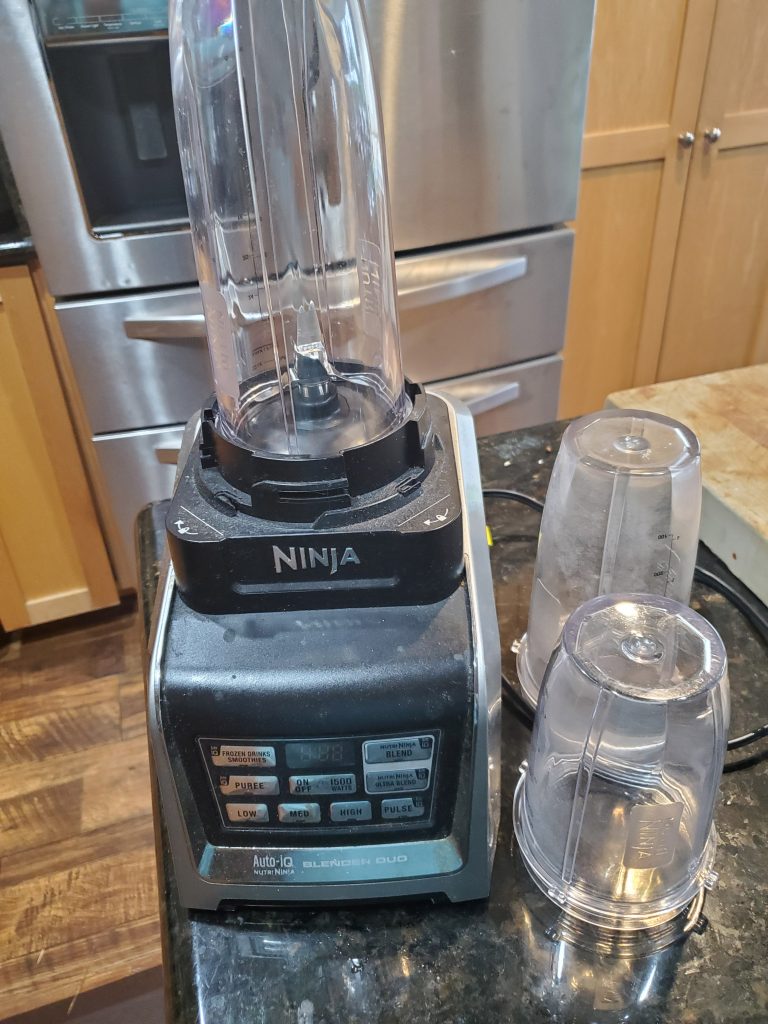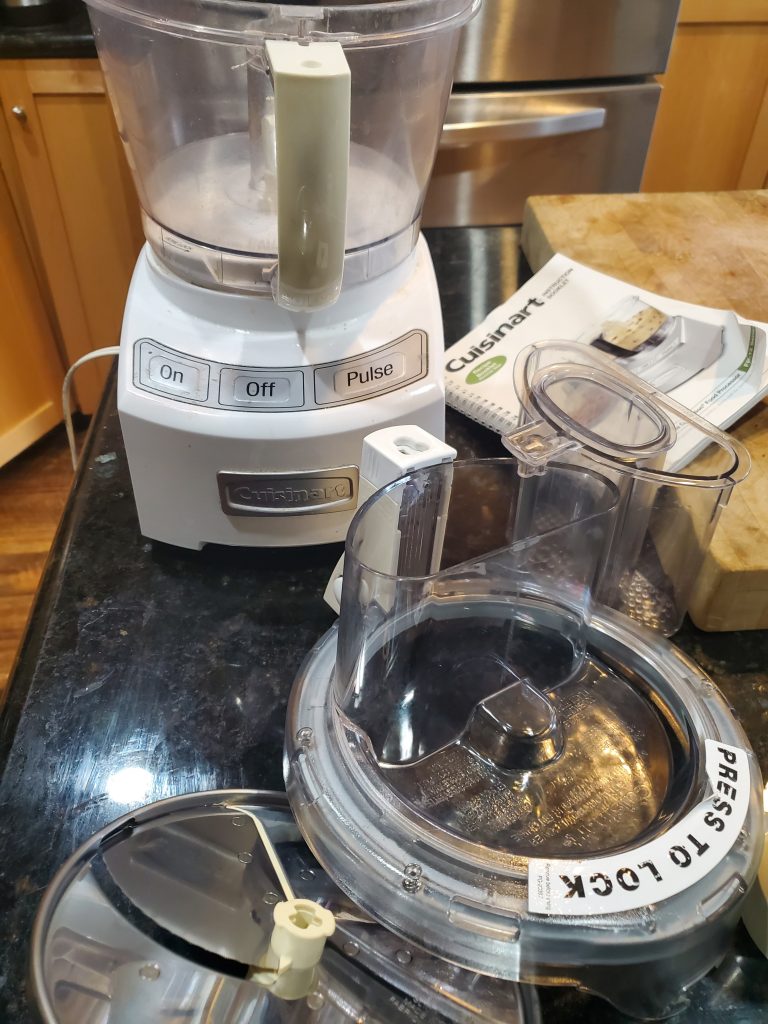Getting Crucial Omega-3 Via Fish Oil Supplements
Seafood is extremely good for most people and eating fish should be part of a healthy diet. Unfortunately, I am not a big fan of fish. To make sure I get some of the benefits of seafood I have been taking fish oil supplements for many years.
Jump Ahead To
Overview
Fish is considered one of the healthiest foods on the planet. All kinds of sources agree, but much of this post will quote information from the web site Healthline.
Healthline has a nice list on the health benefits of fish. In summary, fish has the following attributes:
- High in nutrients
- Lowers your risk of heart attacks and strokes
- Has Omega-3 fatty acids that are essential for growth and development
- Is a good source of Vitamin D
San Diego is blessed with all kinds of great seafood restaurants. My wife’s family has a history in the tuna fishing community and are seafood experts. I am the odd man out in our family because I don’t like fish.
Ideally, I would eat fish, taking fish oil supplements is a second-best option for me. However, even if you eat fish, you may want to consider a daily fish oil supplement. Even people that like seafood probably don’t eat enough.
My problem is I want the benefits of fish but don’t like eating seafood. Hence, I have started taking fish oil supplements. After many years of experimentation, I have gone from fish oil pills to drinking liquid fish oil on a daily basis.
Why Fish Oil Supplements?
A major benefit of fish is that it is rich in Omega-3. Omega-3 are fatty acids that can be essential to health. The only way to get Omega-3 is from eating the right food.
Healthline has a nice guide to Omega-3 Fatty Acids. In summary, there are three types of Omega-3
- ALA
- EHA
- DPA
ALA is mainly found of plants. Top sources include flax seeds, chia seeds, walnuts, brussel sprouts, hemp seeds and more.
EHA and DPA are found in fatty fish and fish oil. The best way to get these Omega-3 is to eat fatty fish twice a week. I don’t like fish, so my choice is the second-best way, taking fish oil supplements.
Healthline has a list of 17 benefits of Omega-3. This includes fighting heart disease, helping prevent cancer, helping with brain health and mental illness and many more.
Healthline is very positive on the idea of taking Omega-3 supplements. Healthline competitor WebMD is a little more circumspect. However, WebMd’s overall conclusion is pretty positive:
Personally, I am simply not going to eat a lot of fish, so I am going with a fish oil supplement. The research may not prove ALL the benefits claimed by fish oil. However, it appears to be good for you and there is not evidence of a major downside to taking supplements.
Which Type of Fish Oil Supplement?
Over the years I have experimented with multiple fish oil supplements. There are all kinds on the market, but they come in two major forms: pills or liquids.
Pills are the most popular because they are convenient, and you do not have to taste fish. With a liquid you are drinking fish oil directly.
Most liquid supplements try and mask the fish flavor by adding a lemon or orange taste. There are even smoothie fish oils that come in all kinds of flavors.
Fish oil is so popular as a supplement they even make candy like gummies designed for children or adults who don’t want to swallow a pill.
Personally, I hate the taste of fish but now will only take a fish oil supplement in a liquid form. In other words, every day I force myself to swallow a teaspoon of fish oil.
Why Liquid Fish Oil?
Originally, I took fish oil in pill form. However, in 2010 I developed a problem swallowing. I had to stop taking the massive fish oil pills because they were getting stuck in my throat.
When I went to look for an alternative, my research showed me that liquid fish oil is far better than the pill form because it is much higher in the core Omega-3 EHA and DPA.
Fish oil supplements like to advertise how much Omega-3 they have. In many cases, the front of a pill bottle will say 1,000 mg. However, the only number that matters is the combined amount of EPA and DHA per serving. Usually this is found in a smaller label on the back.
As Healthline states, “Depending on the concentration of EPA and DHA in a dose, you may need to take as many as eight capsules to reach the recommended amount.”
There is no recommended daily allowance for EPA and DHA. Health organizations have generally recommended a minimum of 250 mg a day and a maximum of 3,000 mg. The American Heart Association recommends people with coronary disease take 1,000 mg of combined EPA and DHA a day.
Of course, too much of anything can be harmful. The Food and Drug Administration says Omega-3 supplements are safe in does up to 3,000 mg. The European Food Safety Authority says they are safe in doses up to 5,000 mg.
The pill supplements I was taking had 110 mg of DHA and 90 mg on EPA per pill. This compares with my liquid fish oil with 745 mg EPA and 500 mg DHA per teaspoon.
So 200 mg for pills versus 1245 mg for liquid. In other words, I would need to take 6 horse size fish oil pills to equal one teaspoon of liquid fish oil.

Note if you buy fish oil gummies, they will generally contain far less fish oil than even pills. Of course, you could eat a lot of gummies to get an equivalent dose, but that will quickly get pretty expensive.
My Favorite Fish Oil Supplements
I have tried many liquid fish oil supplements over the years. My two favorites are Carlson Labs and Nordic Naturals.

Both are highly rated, contain about the same combined level of EPA/DHA (about 1,200 mg per teaspoon) and they cost about the same.
My current preference is for Nordic Naturals because I think it tastes better. Or, in this case, it is the least unpleasant. Fish oil is fish and it can be hard to mask the odor/flavor. However, personally Nordic Naturals has a neutral flavor to my taste buds.
I have also tried the Barlean smoothie flavored fish oil. These come in flavors like Pina Colada and Mango Peach. The issue I had is you need to drink a tablespoon instead of a teaspoon.
The cost of Barlean fish oil is similar to regular fish oil on a per ounce basis. However, the actual cost is three times Carlson or Nordic Natural. More importantly I would rather quickly swallow a teaspoon than having to take a whole tablespoon. The taste is okay, but it is still fish. The less I have to take the better.
A 16-ounce bottle of Carlson Labs or Nordic Naturals fish oil will cost around $40. However, this is good for 96 days. So, the cost is under $0.50 a day. I mainly go with Nordic Naturals, but if Carlson was on sell I would not hesitate to grab some. Carlson actually has slightly more EPA/DHA and claims 100 servings, versus 96 for Nordic Naturals (Carlson is actually 16.9 ounces).

Fish oil in pill from will generally only cost about $0.10 a pill. However, it generally takes 4 to 6 pills to get the same result, so the cost is equivalent. Fish oil in gummy or smoothie form will be significantly more expensive.
Note they say you should refrigerate liquid fish oil and use it within 3 months. Personally I have had fish oil for up to a year and it still tastes okay. However, I still only buy the 16-ounce bottles (96 days) and have not bought in bulk, even when it goes on sale.
Note, many cases you can save around 5% by setting up a subscription on Amazon to have it automatically sent every three months.
Conclusion
I feel guilty because I do not eat fish. Fish is a crucial part of a healthy diet.
Fish oil supplements are a second-best alternative to get some of the healthy benefits of fish into my diet.
There are all kinds of different Omega-3 supplements. Of course, vegetarians will need to pick a plant-based substitute.
Healthline has a complete guide to all the different supplement types, including plant only supplements. However, their conclusion is
One of the few specific brands that Healthline recommends is our favorite, Nordic Naturals.
Of course, if you can not stomach drinking liquid fish oil you will need to find it in capsule form. There are all kinds of brands available and I have not done the research in that area.
However, if I was to go with a pill form of fish oil, I would pick OmegaVia, a brand also recommended by Healthline. OmegaVia pills are expensive at around $0.50 each. However, one pill has 780 mg EPA and 260 mg DHA. This is five times the amount in the pills I used to take. (Note, Nordic Naturals has a fish oil pill but I think you need to take two per day).
Whatever, brand you do pick it is important to do some research to make sure the fish oil is pure and contains the right amount of Omega-3. There are many marketing gimmicks in the supplement market and this area is not highly regulated.
I feel confident in my choice of fish oil but do your own research and as always BUYER BEWARE!






